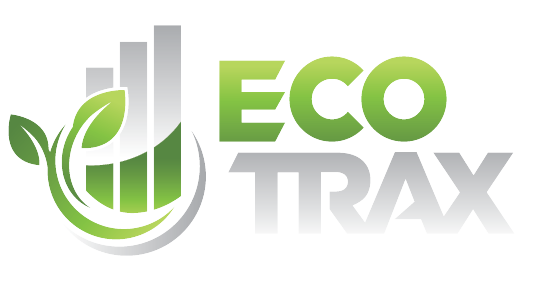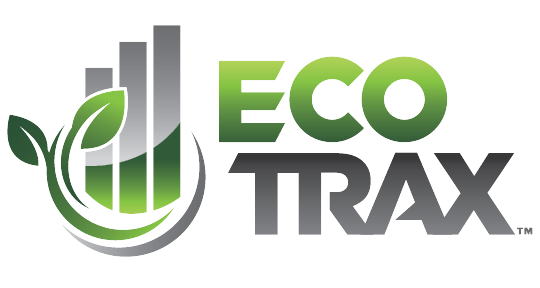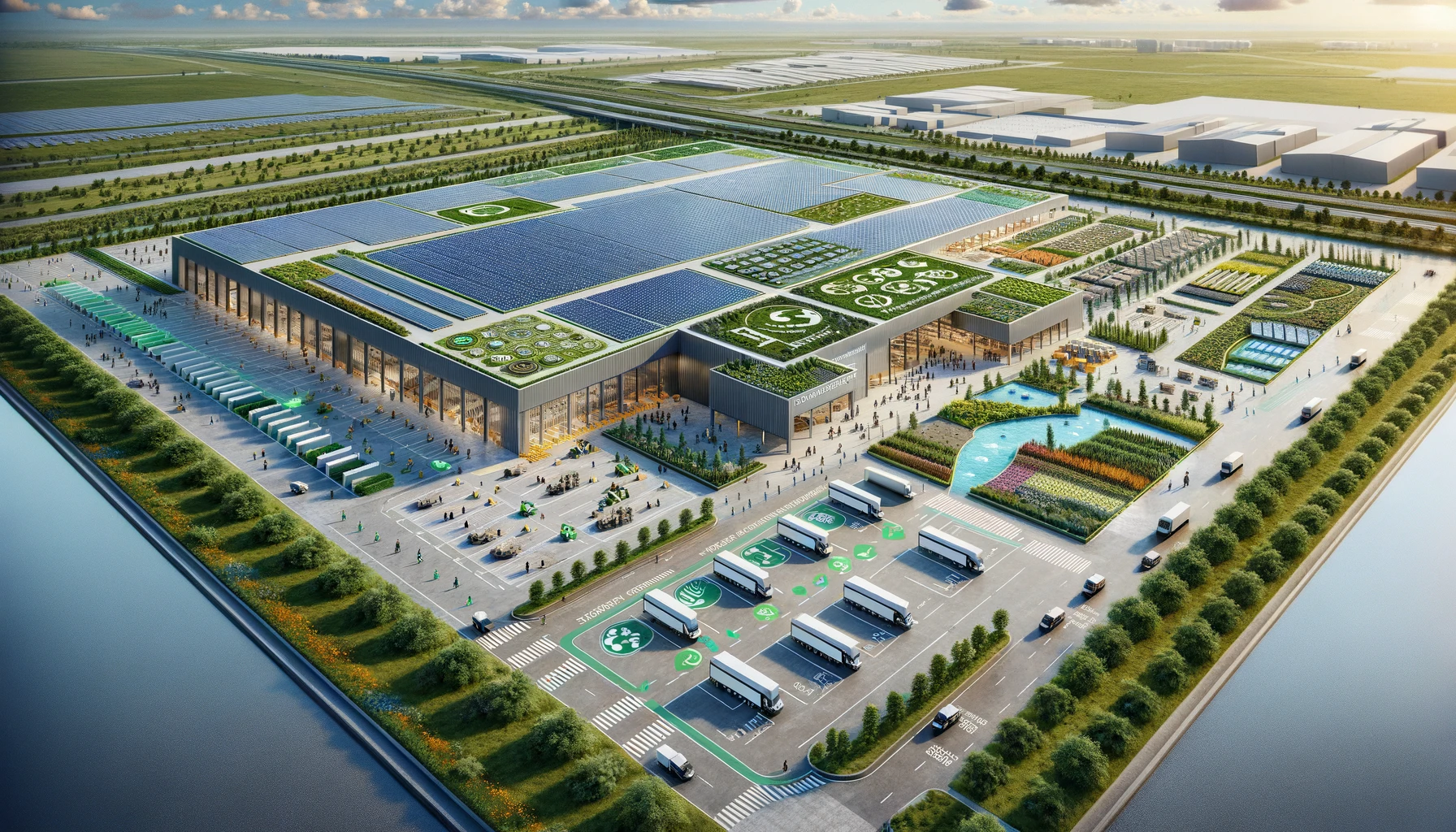In an economy defined by the urgency of climate change, the corporate sector stands at a pivotal junction. However, due to uncertainties and challenges, there is a growing trend of companies stepping back from their commitments to the Science-Backed Climate Initiative. This highlights the need for a unified direction for actionable measures in the climate action movement.
Prioritizing Sustainability: ROI and ROE
Drawing from experiences with LEAN and Six Sigma methodologies, prioritizing initiatives that promise the highest return on investment (ROI) is crucial. Emphasizing high return on the environment (ROE) practices can serve as a guide for supply chain professionals and senior executives.
The legacy Inefficiencies of Waste Management in Distribution Centers
A notable legacy inefficiency within distribution centers is the significant waste generated by daily operations. Waste has historically been viewed as a necessary byproduct of DC activities. The overriding requirement is to keep products moving and the floor space clear of obstructions. The fact is that most distribution centers have been optimized for the take-make-waste economy. The circular economy model requires a different mindset from both associated and managers.
The Zero-Waste Control Tower can offer a multitude of benefits, including:
· Real-time zero waste performance monitoring for each location.
· Tracking and management of supply chain reusable assets (reduce leakage)
· Transparent tracking of product movements from each location to diversion centers
· 24/7 management of recyclables movements
· Organic waste diversion and upcycling performance management
· Contract management and price optimization of commodity materials.
· Circular network carbon tracking and emissions avoidance.
· Development, implementation, and execution of zero-waste strategies (36 months to zero-waste)
With the Control Tower, you can achieve unmatched visibility, eliminate inefficiencies, reduce waste, and drive sustainable practices in your supply chain operations
Embracing the Zero-Waste Control Tower Strategy
Adopting a Zero-Waste Control Tower strategy within the supply chain emphasizes a whole-of-business approach. Businesses can achieve immediate environmental gains by enhancing operational efficiency and reducing waste production without taking significant financial risks. This strategy also sets the foundation for addressing more complex emissions challenges in the future.
Overcoming Challenges: Shifting Towards a Circular Paradigm
Implementing a zero-waste strategy requires a whole-company commitment and a paradigm shift from a linear to a circular view of operations byproducts. Changing the hearts and minds of all associates is the biggest challenge in achieving success. Still, it will ultimately culminate in a net-positive financial impact for businesses and a culture aligned with circular economy principles.
Leading Towards Sustainable Development and Environmental Stewardship
Chief sustainability officers and senior supply chain executives can lead their organizations toward sustainable development and environmental stewardship by following the blueprint of the Zero-Waste Control Tower. Prioritizing initiatives with high ROI and ROE allows companies to achieve immediate environmental gains while setting the stage for a phased, sustainable transformation.
About EcoTrax
EcoTrax is a technology-enabled supply chain solutions company focusing on a mission-critical yet under-resourced area of supply chains – the recyclables, reusables, and waste produced by distribution centers. Our purpose-built platform and team of industry experts deliver solutions that increase the value and sustainability performance of recyclables (pallets, OCC bales, plastics, food waste) while simplifying and modernizing the management of returnable containers (totes, pooled pallets, etc.). We digitally integrate and synchronize all internal stakeholders and external partners and automate workflow through a single platform. This single point of truth reveals real-time, actionable data and insights, reducing environmental impact while improving fiscal performance.


